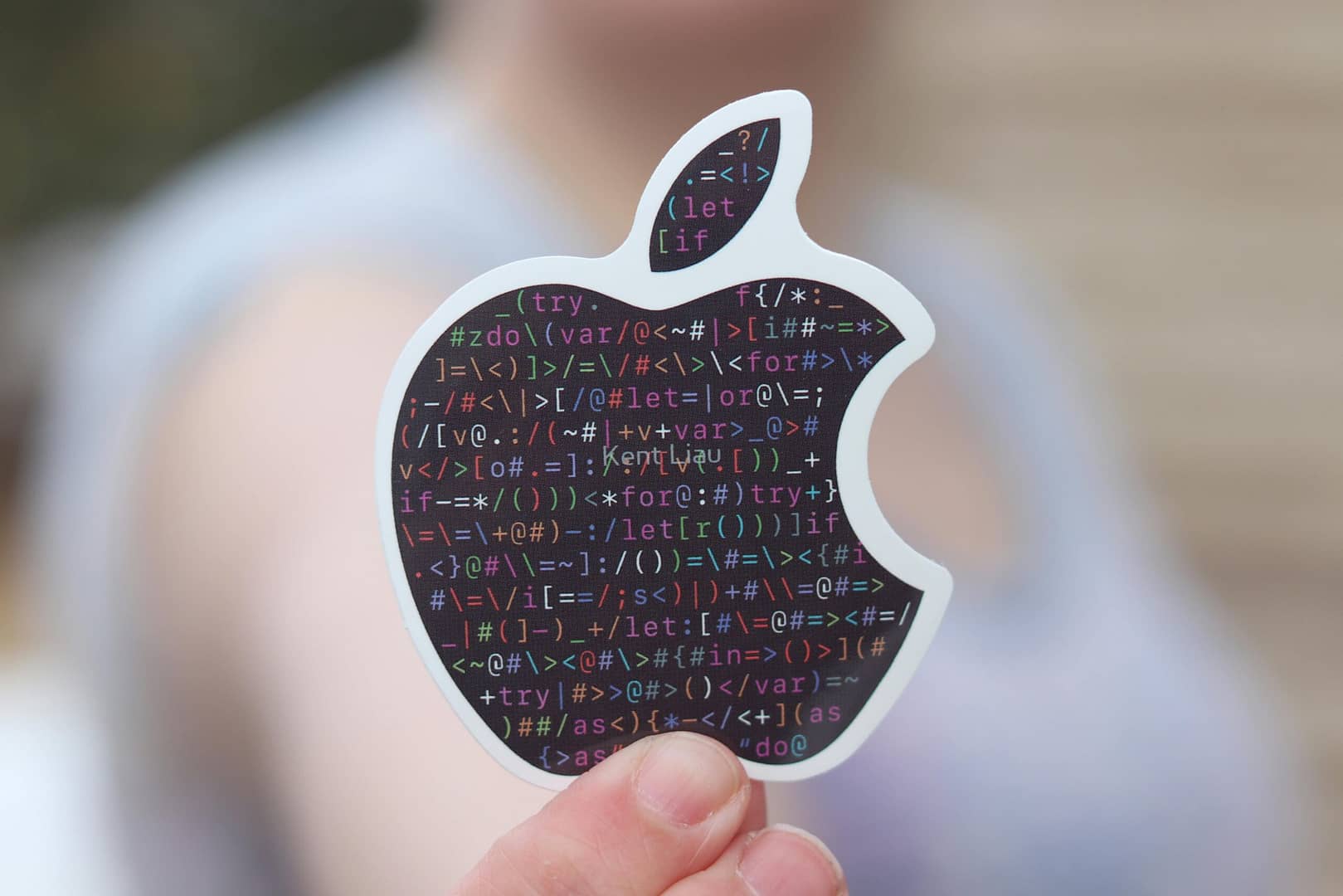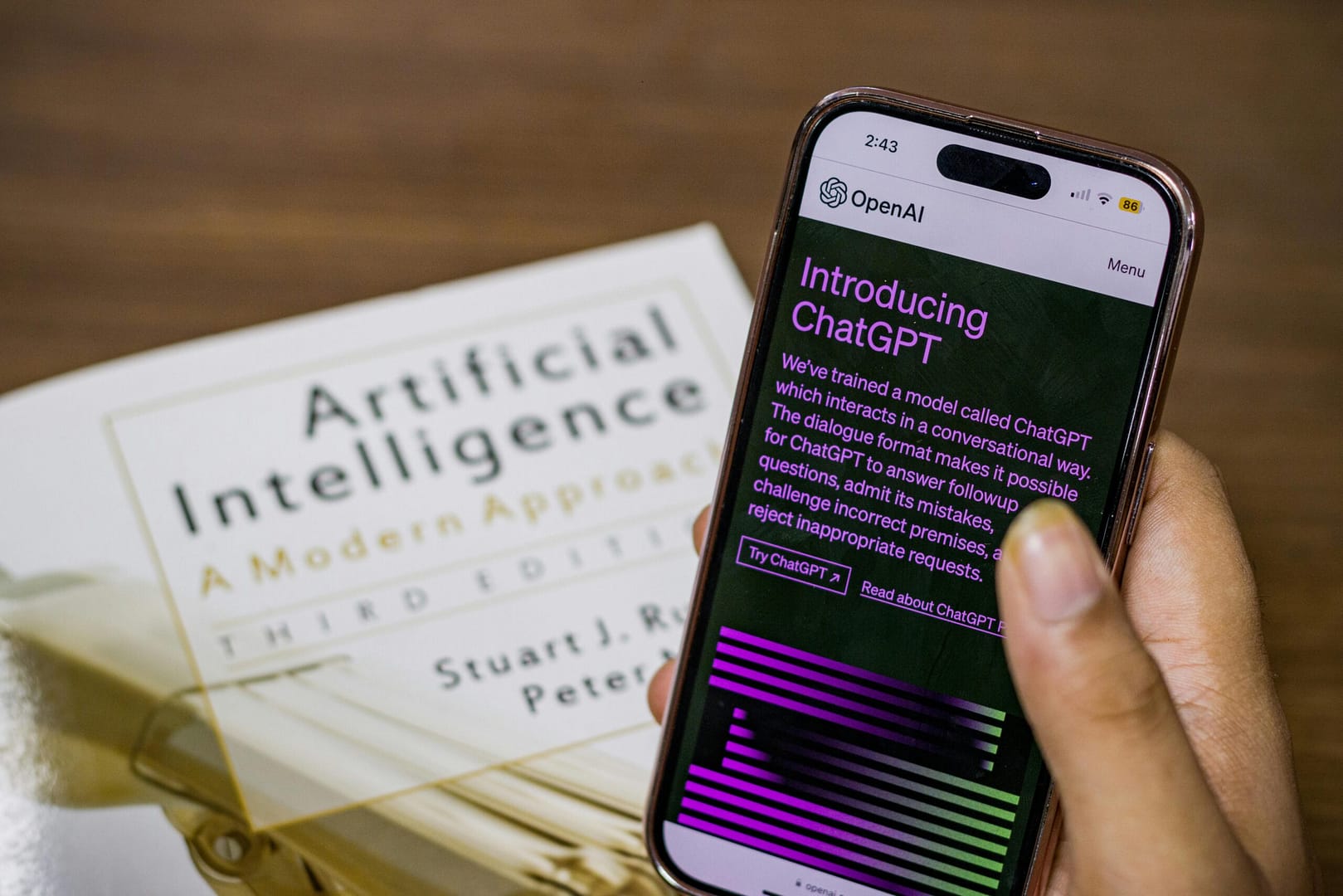Over the last decade, AI has shown significant advances in many sectors of the economy. Healthcare, finance, education, and entertainment all have AI as a center of innovation. An AI story generator is perhaps one of the most innovative and creative uses of such technology. With an AI story generator, writers, marketers, educators, and even hobbyists can have captivating stories generated with a simple click.
This article will cover an in-depth analysis of story generators: including how they work, their merits, possible disadvantages, and the future of AI-assisted storytelling. For bloggers, authors, business owners, or any person interested in the latest innovations, you will come to realise that the AI story generator is the new face of creativity.
What is an AI Story Generator?
An AI-driven narrative creator uses advanced computing and artificial intelligence principles to generate stories, scripts, and other written narratives. They differ from formerly available software in that they use more sophisticated algorithms together with advanced natural language processing (NLP) to respond to commands with a more human like feel in the text generated.
Narrative creators powered by AI require only a few keywords, themes, or even character descriptions, and they will generate the full narrative. In fact, some of these tools offer further refinement of tone, style, and even genre, which makes them extremely useful.
Such an AI tool is akin to an always available co-writer, constantly ready to provide ideas! It doesn’t matter if it’s a short children’s story or even full length novel, an AI story generator can do it all.
How Does an AI Story Generator Work?
AI text generators train on massive data sets so that they can generate similar, human-like content. Due to machine learning, such models can understand and write in proper grammar and sentence structure. They can even bring in character and plot development and narrative progression.
A simplified overview is as follows:
- Input Prompt: This is the initial step where the user provides an idea or a few keywords. For example: “A young detective in New York discovers a hidden AI lab.”
- Language Model Processing: Using models such as GPT, the AI interprets the prompt and generates content based on what words or sentences would best fit.
- Story Generation: The Generative AI then drafts the story, pulling from the prompt to create an engaging narrative.
- User Interaction: You can edit, expand, or even regenerate parts of the text on most platforms until you get the desired result.
For individuals with ‘writer’s block,’ this iterative ‘try and improve’ approach makes the AI story generator an effective idea improver, in addition to being a writing instrument.
Benefits of Using an AI Story Generator
- Enhances Creativity
Signing a new piece of writing can be the most challenging aspect of the entire process. With an AI story generator, one can be provided with unique and novel plot ideas and twists that the person might never have considered on their own.
- Time Efficiency
Marketers, authors, and bloggers work on elemental deadlines, and thus an AI story generator that drafts and outlines for them in very little time is a great help.
- Customizable Output
Whether you want a funny children’s story or perhaps a suspenseful crime thriller, an AI story generator’s ability to adapt to your needs and generate content in the desired style, tone, or genre makes it a very useful tool.
- Cost-Efficient
For businesses that require continuous content, the cost of hiring professional writers can be quite high. An AI story generator stands as an affordable option.
- Overcomes Writer’s Block
In case an author gets stuck while writing a story, an AI story generator can assist in brainstorming and moving the story forward.
Who Uses AI Story Generators?
AI storytelling tools are useful across sectors to different groups. A few examples:
- Novelists and authors: draft new story ideas, design character backstories, and outline unfamiliar plots.
- Bloggers: create search engine optimized articles.
- Marketers: produce brand and product narratives, and ad and social media copy.
- Teachers: develop AI-driven educational and interactive stories for students.
- Developers and gamers: Create storylines and dialogues for video games.
- General public: Generate fan fiction, children’s tales, and other forms of casual fiction.
In essence, anyone who wishes to tell a story or requires content can make use of an AI story generator.
Popular AI Story Generator Tools
In the domain of AI-generated storytelling, there are a number of prominent platforms. Though new ones continue to appear, these have earned special attention:
- ‘ChatGPT-based Tools’: They excel at creating text that flows naturally and is easy to follow.
- ‘Sudowrite’: This tool is highly regarded by fiction writers who wish to develop and refine their drafts.
- ‘Writesonic & Jasper’: These are ideal for marketers, providing both storytelling and selling content in one package.
- ‘NovelAI’: This is advanced in creative storytelling, serving the needs of fantasy and science fiction authors.
- ‘Copy.ai’: Though best known for short-form content, it also supports storytelling.
The existence of each of these platforms underlines how AI story writing software can address different requirements effectively.
Challenges of AI Story Generators
Positive impacts do have certain challenges as well.
- Absence of Authentic Innovation
Unlike humans, AI does not think. It functions based on a set of data and patterns rather than real creativity. It may, therefore, result in some stories that feel uninteresting and unimaginative.
- Ethical Challenges
AI use as a tool comes with challenges of originality and plagiarism. AI tools use available data to generate content; pieces of work that are AI-generated come with some issues of genuineness.
- Emotional Depth
AI may imitate human literature, but it is likely to falter in deep emotional expression, symbolism, or nuanced themes that depend on life experiences.
- Over Dependence
There is a danger that authors may rely too much on AI story generators, which can diminish their inventiveness.
The Future of AI Storytelling
* The potential of the AI story generator is very high. As the technology improves, these generators will:
- Evolve to be More Like Humans: Sophisticated models will craft narratives that are emotionally rich and deeply novel.
- Support Multimodal Creativity: Story generators might one day blend text with images, audio, or video, telling immersive tales.
- Facilitate Collaboration: AI and human authors would co-create, combining imaginative ideas with prompt execution.
- Broaden Accessibility: A greater number of regions will have access to story crafting tools as more free or low-cost platforms emerge.
At the end of the day, AI will complement—not supplant—human creativity. Storytelling is one of the oldest traditions of human civilization, and AI story generators represent a natural progression in its journey.
Tips for Getting the Most Out of an AI Story Generator
For those of you aiming to craft stories with AI tools here’s some advice to get you far better output:
- Use Detailed Prompts: Give a detailed description rather than “write a mystery”. Illustrate with “write a mystery about an art theft being solved by a detective in Paris”.
- Edit & Refine: AI’s output is the first draft. Add your voice, enhance the dialogue, and adjust the pacing.
- Mind the Genres: Explore beyond the obvious. Test out romance, sci-fi, comedy, even horror to see the strengths of the tool.
- Use It For Brainstorming: The concepts might spark a fresh direction for your writing even when the draft is shelved.
- Mix Human Creativity: Often, the best stories emerge from merging AI drafts and personal creativity.
Why Businesses Should Care About AI Story Generators
Nowadays, businesses rely on content to drive sales. They require informative product descriptions, compelling ad copy, engaging narratives, and memorable blog posts. An AI story generator would greatly assist in reducing the time spent on this.
- Marketing Campaigns: Write engaging product descriptions.
- Brand Building: Write captivating background stories for the company.
- SEO Content: Write informative blog posts that answer users’ queries.
- Customer Engagement: Write catchy taglines to be used in newsletters and social media. click here
By focusing on other important business matters, companies can save money and time in producing content by utilizing AI, and still have quality content.
The emergence of AI story generators denotes a novel phase in the development of storytelling. They have revolutionized narrative creation and sharing, providing assistance to writers and having a positive impact on companies. While creativity, ethics, and similar matters continue to pose challenges, the advantages—speed, elasticity, and reach—are too significant to ignore.
You might be a budding author, a content writer, or simply an inquisitive person—whichever of these you are, using an AI story generator can enable a completely different range of opportunities. Human creativity does not stand to be substituted, but to be complimented. Stories that move, amuse, and unite people all around the world can be created with the collaboration of humans and AI.











